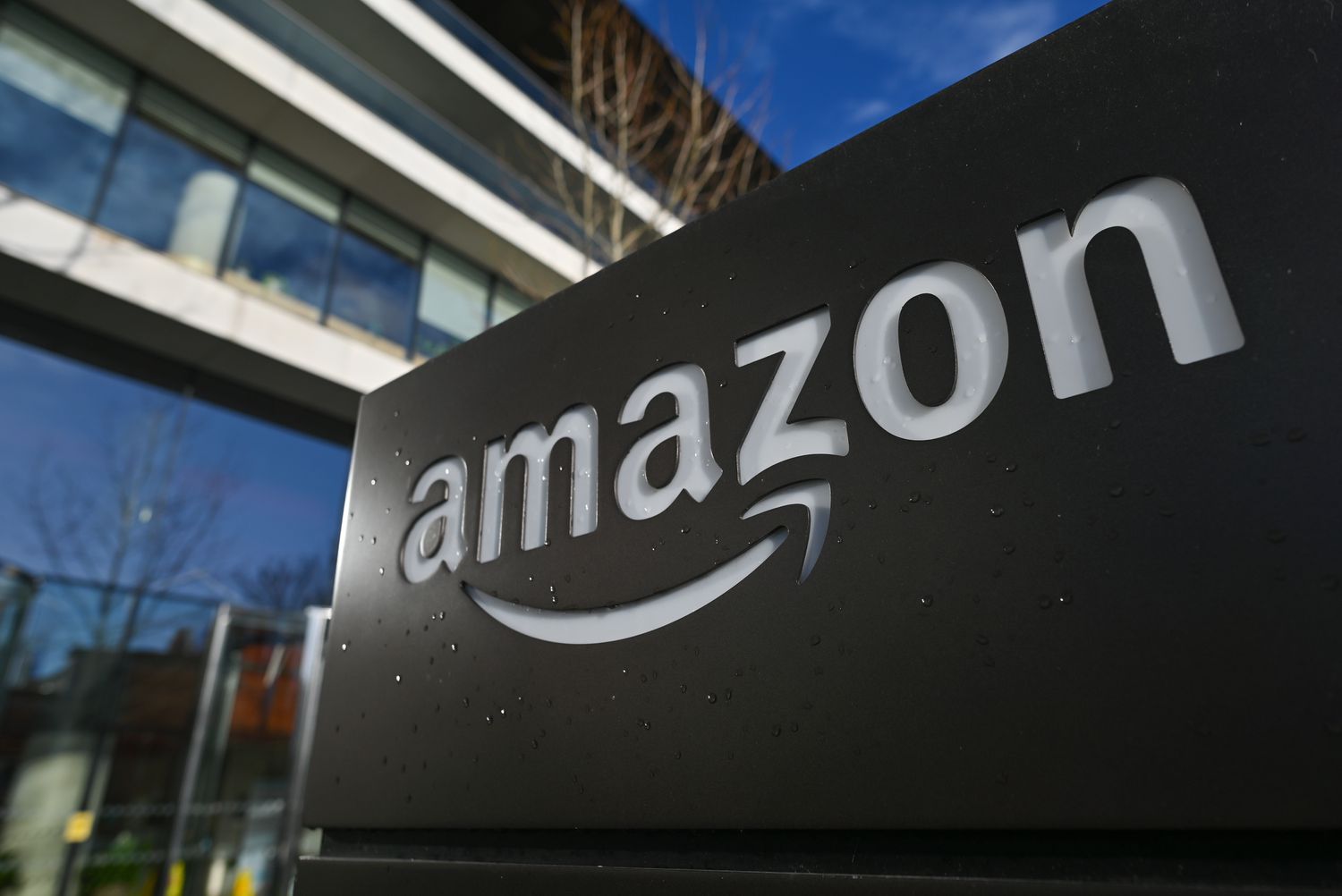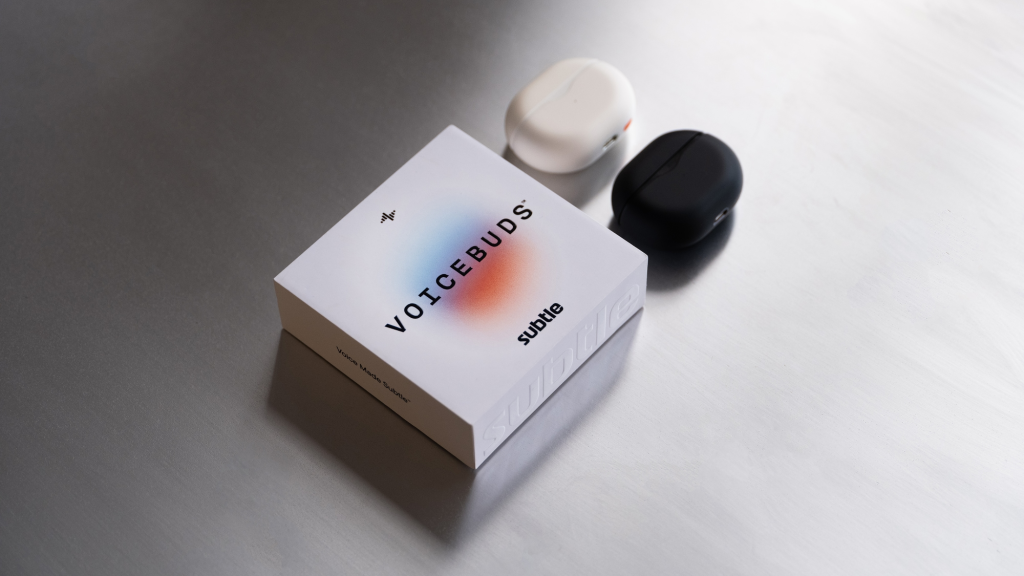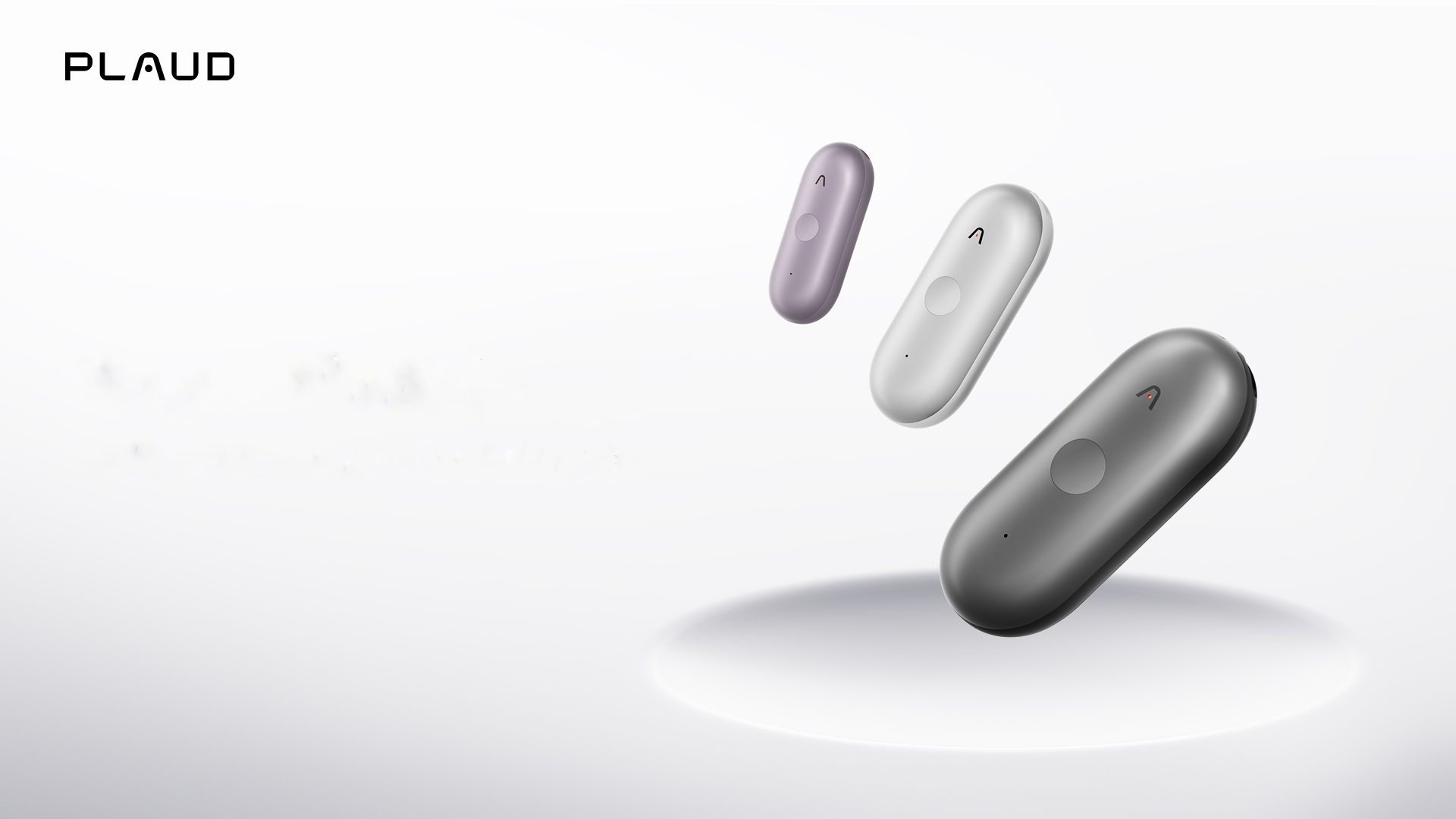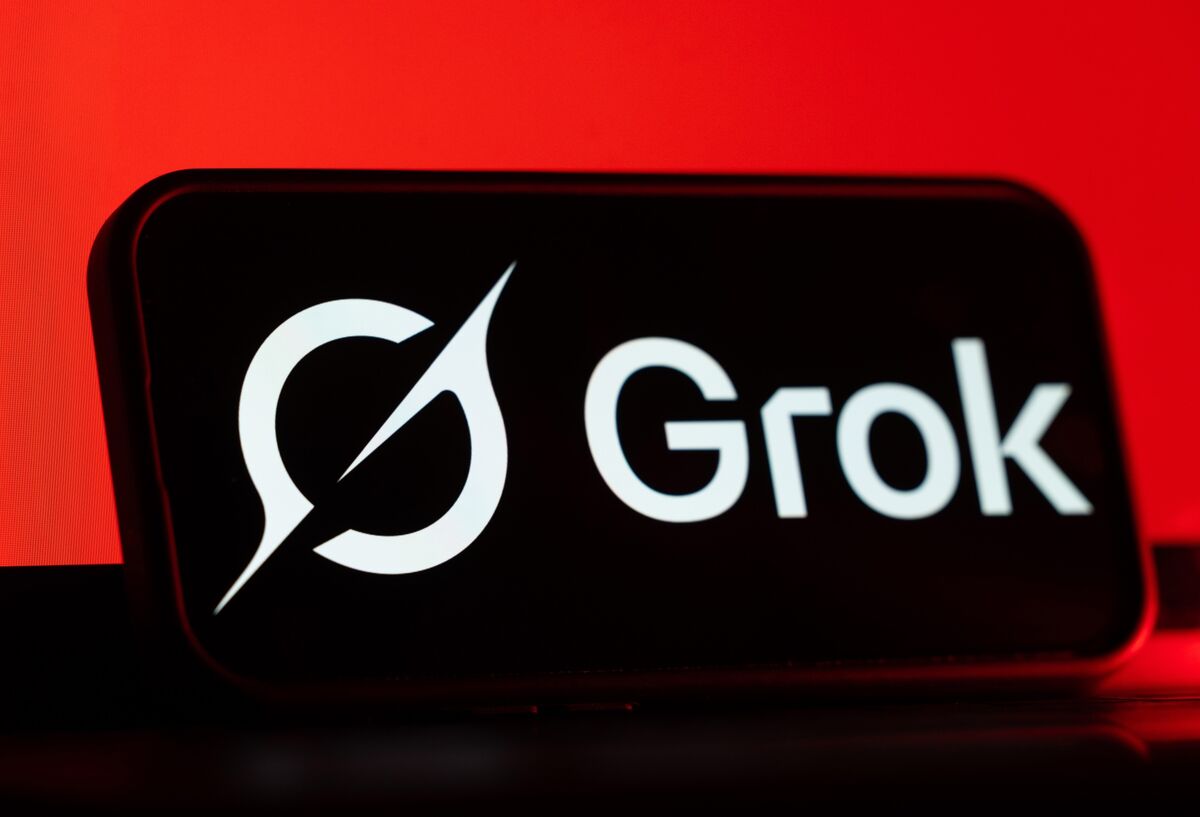Amazon Refutes Increase in Prices of Items Since Trump Assumed Office
The Wall Street Journal (WSJ) published a report last week that revealed that Amazon’s low-cost essentials had experienced an increase in price since President Trump announced his intention to impose substantial tariffs on international products.
In response to the article, Amazon published an extensive blog post that labels the Wall Street Journal’s reporting as “fundamentally flawed.”
The Wall Street Journal conducted an analysis of the prices of 2,500 common Amazon items, including chicken bouillon, antibacterial swabs, and cough drops.
The study found that the average price of these items increased by 5% from the inauguration of Trump on January 20 to July 1.
Amazon accused the Wall Street Journal of “cherry-picking” data and disregarding other factors that influence the cost of specific products.
In January, when WSJ obtained its initial pricing data, items such as a Dove deodorant and a container of Yogi Tea sachets were on sale, according to Amazon.
Consequently, some of WSJ’s findings were inaccurate. According to Amazon, the price increase on these products was the result of the promotion’s termination, rather than inflation or tariffs.
Amazon’s pricing is frequently dynamic, resulting in fluctuations. Consequently, a random sampling of products at a specific moment in time is a logical approach for an analysis of this nature.
The fact that Amazon felt compelled to respond to this report indicates that the company is sensitive to the subject matter and may even be concerned about retaliation from the Trump administration.
Aside from Amazon’s expenses, consumers may perceive minor increases in the prices of popular merchandise.
This is in accordance with the United States. According to the June report from the Bureau of Labor Statistics, consumer prices increased by 0.3% for the month and by 2.7% for the year.
news via inbox
Get the latest updates delivered straight to your inbox. Subscribe now!




